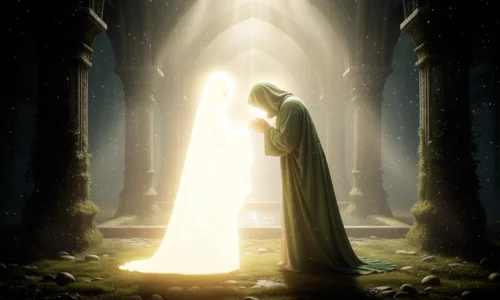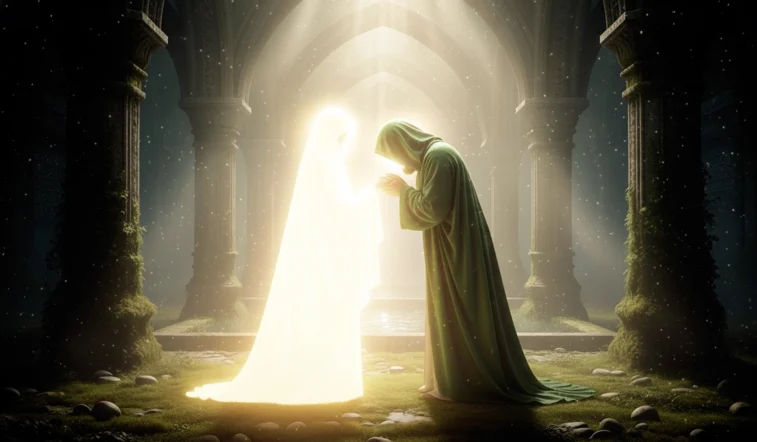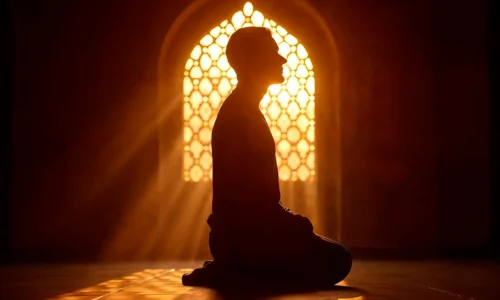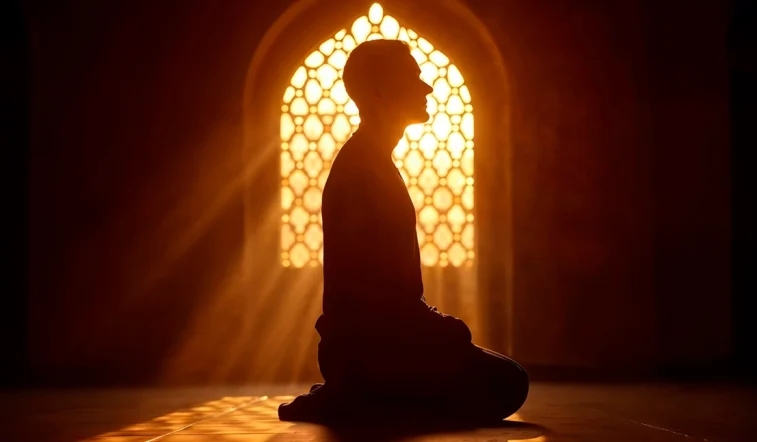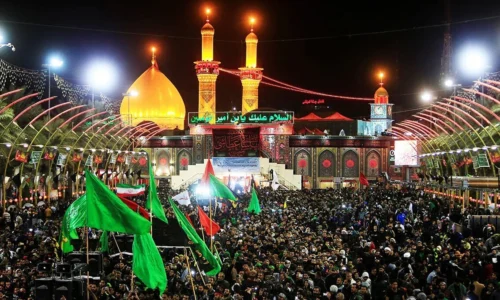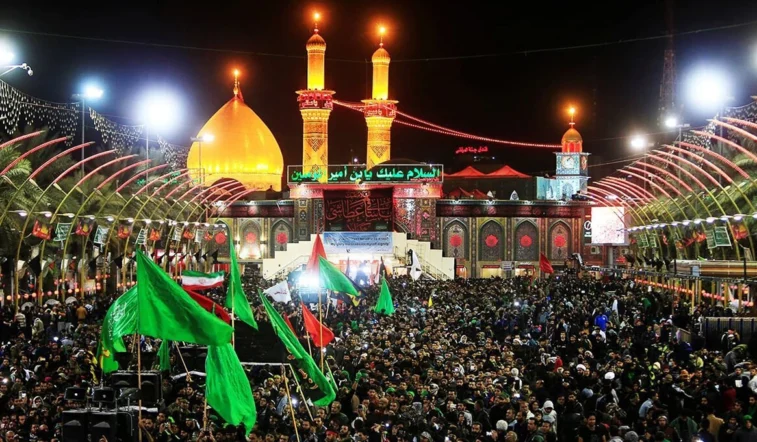The belief in a coming savior who will establish global justice is found in many religious traditions—but in Islam, this figure is known as Imam Mahdi (AJ), the 12th and final Imam in the line of Ahlul Bayt according to Shia Islam. He is not just a future leader or reformer—he is the divinely guided, awaited savior whose reappearance will mark the final triumph of truth over falsehood, justice over tyranny, and light over darkness.
But why is Imam Mahdi (AJ) so important? What does his existence and awaited return mean for Muslims—and for the world?
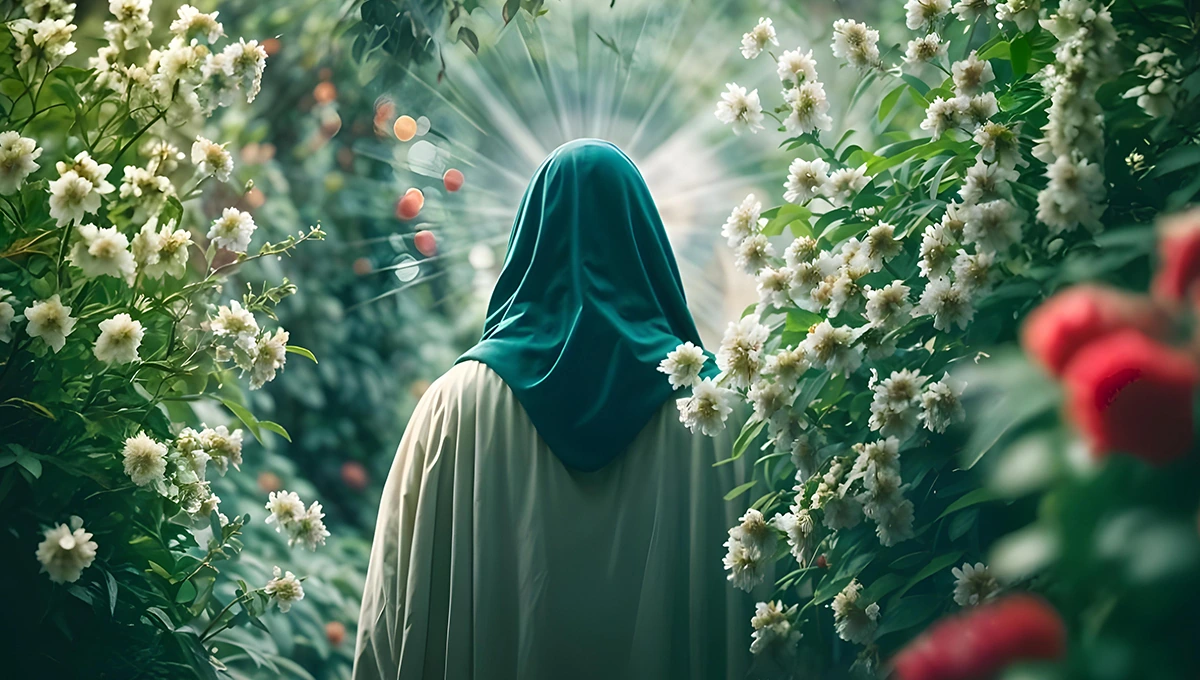
1. He is the Divine Proof (Hujjah) on Earth
In Shia theology, the Earth is never left without a Hujjah (proof of God)—someone who represents divine will, guards the faith, and serves as a spiritual link between the Creator and His creation. Imam Mahdi (AJ), though in occultation, fulfills this role today. His presence is believed to be hidden but active, similar to the sun behind the clouds—present, sustaining, and guiding even when not seen.
“The Earth will never be empty of a Hujjah, either visible and known, or hidden and protected.”
~Imam Ja’far al-Sadiq (AS)
This belief gives the world meaning and continuity, ensuring that divine mercy and justice are always represented, even during times of darkness and confusion.
2. He Will Establish Global Justice
Perhaps the most well-known aspect of Imam Mahdi’s (AJ) mission is his promise to fill the Earth with justice and equity, as it will be filled with injustice and oppression before his arrival.
“He will fill the Earth with equity and justice as it would be filled with injustice and oppression.”
~Prophet Muhammad (PBUH), in multiple hadith
Imam Mahdi is not merely a political leader; he is a moral and spiritual reformer, someone who will correct the distortions in religion, break down the systems of tyranny, and uphold the true message of the Qur’an and the Prophet (PBUH).
His importance lies in the fact that he is the realization of every divine promise, the hope of the oppressed, and the embodiment of God’s ultimate justice.
3. A Unifying Figure for Humanity
Though the belief in Imam Mahdi (AJ) is especially emphasized in Shia Islam, many Sunni traditions also affirm the coming of the Mahdi. Beyond Islam, other faiths—such as Christianity, Judaism, Zoroastrianism, Hinduism, and Buddhism—speak of a future savior or guide.
In that sense, Imam Mahdi (AJ) is not just a figure for Muslims, but a universal symbol of hope. His reappearance will unite humanity under the banner of truth and God’s will, breaking barriers of race, language, and culture.
This unifying power is part of why he is so important in an increasingly divided and unjust world.
4. A Test of Faith and Readiness
The long occultation of Imam Mahdi (AJ) is not simply a waiting period—it is a divine test. His absence challenges believers to remain faithful, act righteously, and prepare themselves spiritually for his return.
Imam Mahdi’s importance is not only in his future appearance, but in how he influences our present. He represents a living connection to the divine, a source of spiritual strength and accountability for those who await him.
The true followers of the Imam are those who live by his values even before he reappears.
5. The Mahdi in the Qur’an and Hadith
While the name “Mahdi” does not appear explicitly in the Qur’an, numerous verses and hadiths refer to the concept of a divinely guided leader who will emerge at the end of times. For example:
“Indeed, We have written in the Psalms after the Reminder: My righteous servants shall inherit the Earth.”
~Qur’an 21:105
This verse, among others, has been interpreted by scholars as referring to Imam Mahdi’s global rule.
Hadith literature—both Sunni and Shia—is rich with prophecies about the Mahdi. In Shia texts, he is identified specifically as the son of Imam Hasan al-Askari (AS), born in 255 AH, and the only surviving Imam after the period of occultation began.
6. He is the Fulfillment of the Mission of Prophets
The appearance of Imam Mahdi (AJ) is not an isolated event; it is seen as the culmination of the mission of all Prophets—from Adam (AS) to Muhammad (PBUH). The divine purpose that began with creation will reach its highest point with the Mahdi’s governance.
His rule will complete what the Prophet Muhammad (PBUH) began: the establishment of a just society based on divine principles. This is why Imam Mahdi (AJ) is sometimes referred to as the Seal of the Awliya’ (friends of God), much like Prophet Muhammad is the Seal of the Prophets.
7. A Source of Hope in Times of Despair
Perhaps the most emotionally resonant reason for Imam Mahdi’s (AJ) importance is that he gives hope. In a world plagued by injustice, confusion, war, and spiritual decline, the Mahdi represents the promise that God has not abandoned humanity.
No matter how dark the night becomes, the reappearance of the Imam is the dawn that believers look toward.
“The best of my followers are those who will live in the end times, who will believe in me without having seen me, and who will remain firm in their love for me.”
~Imam Mahdi (AJ), in Ziyarat Aale Yasin
Conclusion: Why Imam Mahdi Matters Today
Imam Mahdi (AJ) is not only important because of what he will do, but because of who he is—a living representative of God on Earth, a guide even in absence, and a light for those seeking truth.
To understand his importance is to understand that Islam is not merely a religion of the past, but a living faith with a divine future. Belief in Imam Mahdi (AJ) transforms waiting into preparation, despair into hope, and passivity into purpose. For those who truly await him, every prayer, every act of justice, and every resistance to oppression is a way of paving the path for his return.
